Find projects
Composites
Fiber-reinforced composites - FRPs enable a wide range of applications in various industrial sectors through the targeted selection of fiber types and resin systems. Primarily because of their high specific strength with virtually free shaping, these lightweight materials are increasingly replacing traditional, metallic materials and contributing to material-saving and resource-conserving construction methods. Their special properties enable them to be used not only in mechanical engineering and vehicle construction but also as substitutes for traditional materials in the construction industry.
We are your contact for publicly funded projects and direct cooperations.
Please contact us!
Services
The structure of the material composite in fiber-reinforced plastics enables variable component properties. During the product life, these properties should not change in order to maintain functionality.
We provide comprehensive advice on the selection of reinforcing fibers and matrices as well as the fiber-compatible design of components and molding tools.
You need a repair concept for damaged components? We advise you on the detection and classification of damage to fiber composite structures and develop efficient repair strategies for your case.
The production of samples and prototypes can be implemented on a customer-specific basis using existing fiber composite technologies. Various fibers, core materials and resin types can be used for this purpose. Among other things, the production of three-dimensional free-form surfaces and multifunctional sandwich elements is offered.
Test specimens can be produced with the existing fiber composite techniques for different standards. Furthermore, we offer the production of customized geometries.
The processing technology of fiber-reinforced plastics is crucial for achieving the required material and component properties. In addition to established technologies, such as the processing of prepregs in autoclaves and vacuum infusion technology, the SKZ also offers possibilities for individual technology comparisons through the RTM process and pressing technology in order to evaluate material- and application-specific approaches.
Adhesive bonding is considered the standard process for joining lightweight structures made of fiber-reinforced plastics (FRP) and metal structures. We will be happy to assist you in selecting a suitable surface pretreatment or the optimum adhesive for your needs and its processing parameters.
Contact:
Dr. Eduard Kraus | +49 931 4104-480 | e.kraus@skz.de
Mechanical-technological, physical-chemical and physical tests are carried out with modern equipment and competent testing personnel.
- Tests for quality assurance
- Customer-specific tests
- Testing according to international and national guidelines
- Testing according to DVS, AGFW and DVGW guidelines
The testing of fiber-reinforced plastics is an important field of activity within the scope of our activities as a competence center for fiber-reinforced composites, with the following tests:
- Barcol hardness testing
- Bending and tensile tests on laminates
- Determination of textile glass and mineral content
For further tests please contact us!
In the composites sector in particular, components often have high product values and very low quantities. Non-destructive testing is therefore a good way to ensure that such products can continue to be used. A number of different non-destructive and, in some cases, non-contact measuring and testing methods are available for this purpose. Methods based on ultrasound, X-ray, thermography and terahertz technology, among others, enable, for example:
- the detection of material- and process-specific defects such as delaminations, ondulations and pores,
- the detection of fiber orientation or fiber volume content as well as
- the thickness measurement of coatings on a micrometer scale.
Contact:
Giovanni Schober | +49 931 4104-464 | g.schober@skz.de
State-of-the-art equipment for best results and products
In unseren modern ausgestatteten Laboren forschen wir an den Werkstoffen von Morgen. Dabei arbeiten wir eng mit der Industrie zusammen, um zahlreiche gute Produkte noch besser und v. a. nachhalitger zu machen. Fordern Sie uns heraus. Gemeinsam finden wir auch für Ihr Problem eine Lösung.

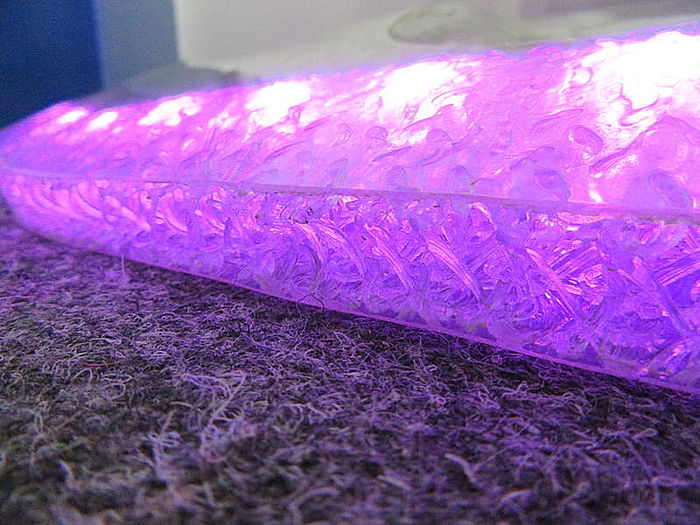
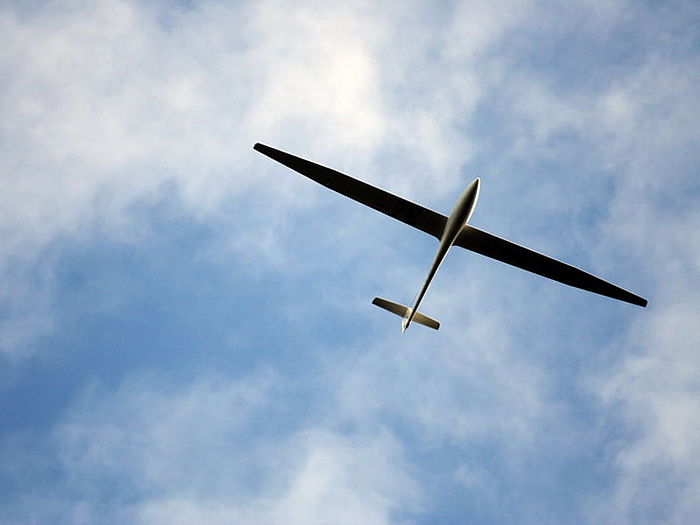
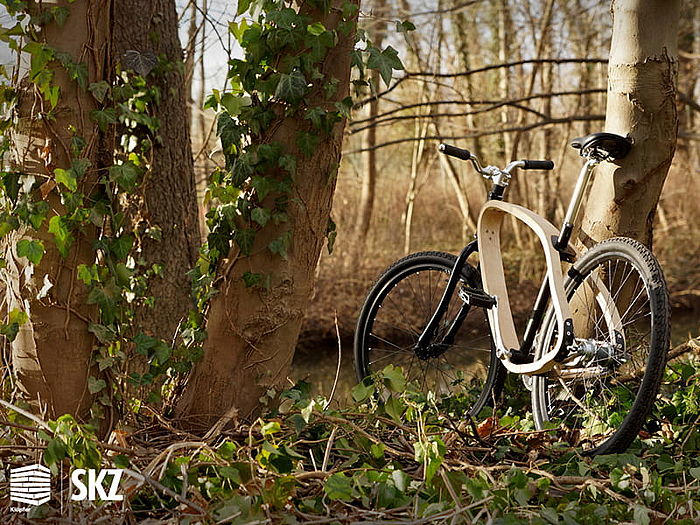
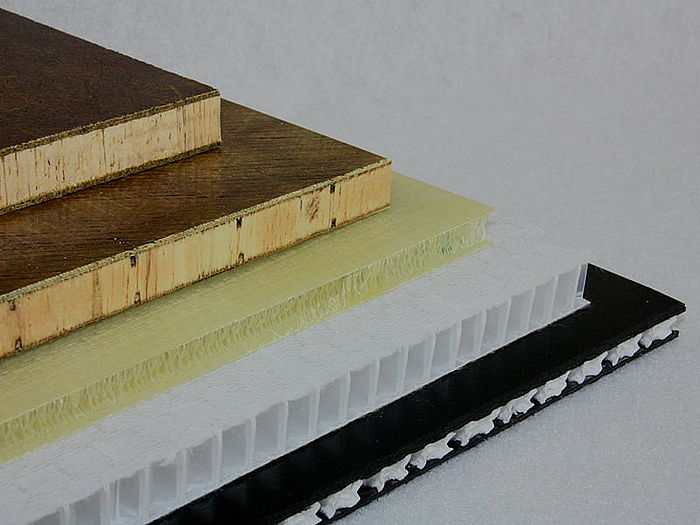
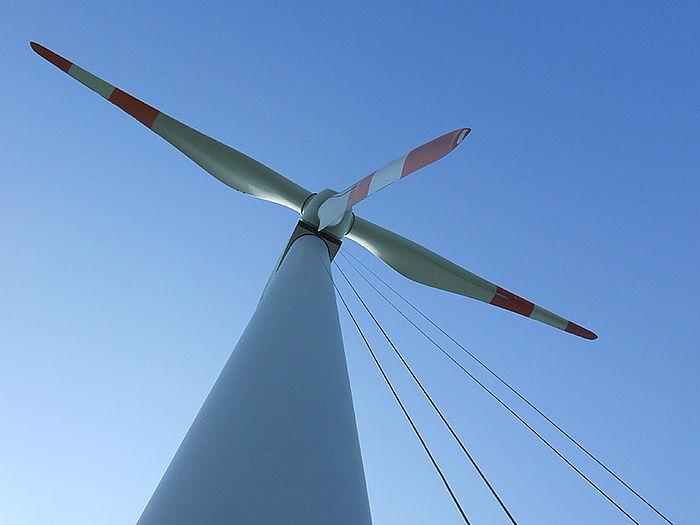
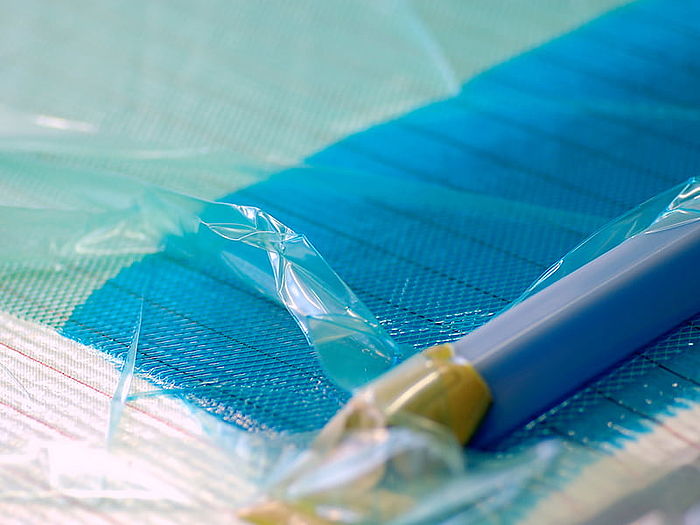
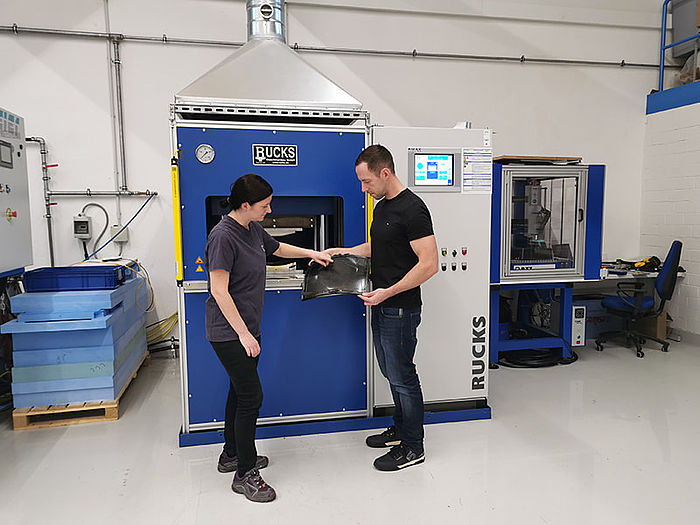
Technical equipment
In the autoclave process, textile fiber matrix semi-finished products (prepregs) pre-impregnated with reactive resins are cured in a pressure vessel (autoclave) under the action of heat and pressure. The semi-finished fiber products are cut to size and, depending on requirements, placed in a specific position under a defined orientation in the forming tool. The mold is then evacuated in a film bag and the prepregs are cured in the autoclave under predefined temperature-pressure-time specifications. After the cooling phase, the component is demolded and is ready for final steps such as finishing or painting.
We offer you the possibility to have extremely precise and individual cuts of dry fiber semi-finished products as well as prepregs carried out by us.
One of the greatest advantages of this process is the production of components of almost any size and the possibility to realize undercuts with split shapes as well as different wall thicknesses in the component. The hand lay-up process requires only low investment costs and enables the production of very complex component geometries as well as the use of different semi-finished products and reinforcing materials in one component. Our expert staff will be happy to assist you with your projects, helping you from the initial idea to the finished product.
The following methods are available for mechanical, physical and chemical pretreatment of plastic surfaces.
- Low-pressure plasma
- Atmospheric pressure plasma
- Corona discharge
- Flame treatment
- CO2 blasting
- Blasting
- Grinding
- Flame pyrolysis
- Priming
The proven production by means of hot and wet presses leads to demanding surface qualities on both sides and exact form accuracy of the product to be manufactured. A hydraulic 4-column press is available at SKZ for this purpose.
The RTM process offers the possibility of producing parts with complex geometry and integrating additional functions into a finished part. For example, inserts can be included in the shaping of the mold. In addition to compliance with tight tolerances, the outstanding surface quality, high fiber content and short manufacturing times are the main advantages of this manufacturing technology.
This process is particularly suitable for the production of very large individual parts as well as small batches. The process gives the manufactured components a high quality and a perfect surface on one side. Furthermore, the manufactured components have a high fiber content.
SKZ has the necessary know-how and vacuum technology to implement your projects using this process.







